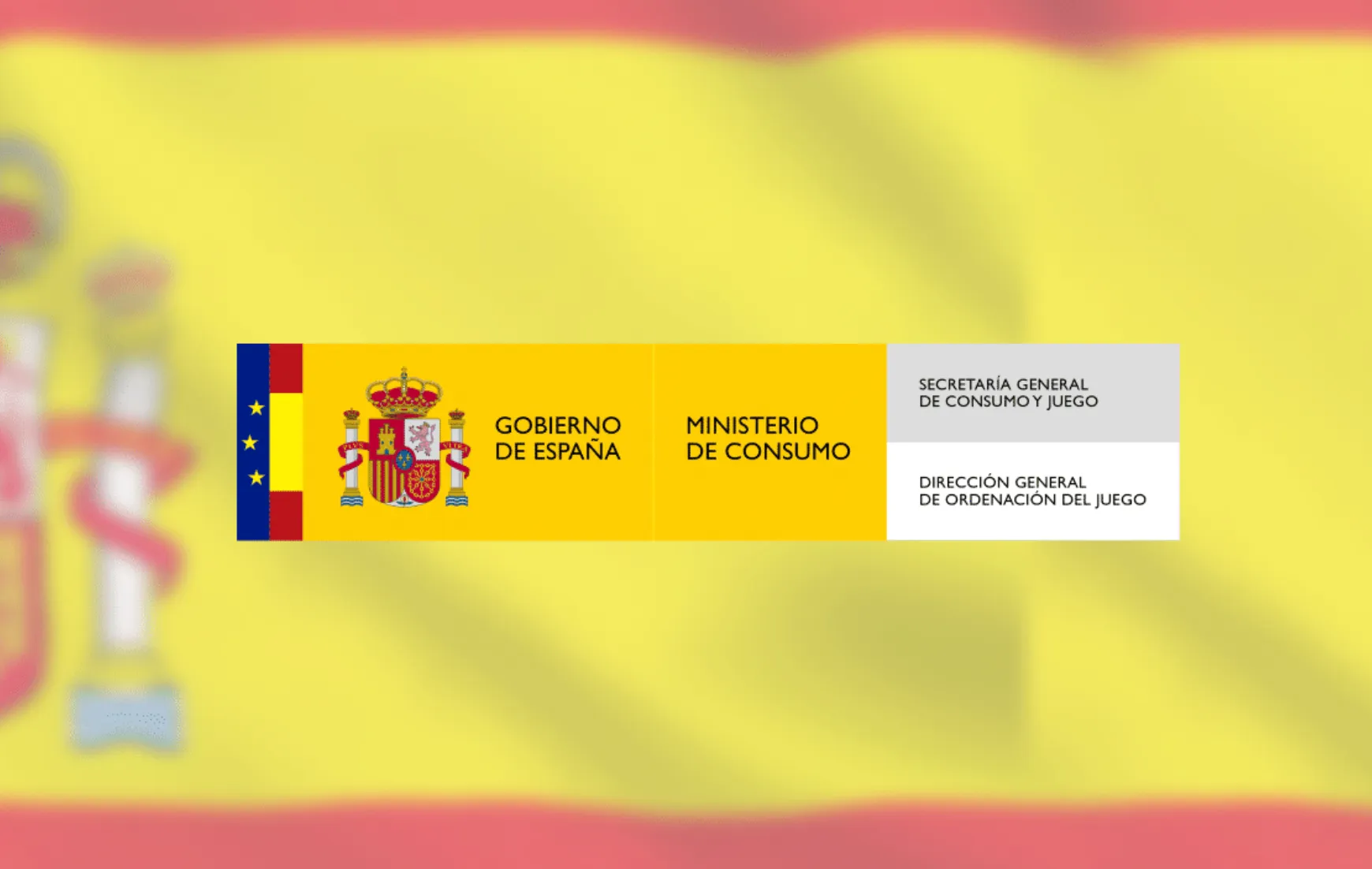
What the Joint Gambling Authority of the States (GGL) is for Germany, the Dirección General de Ordenación del Juego (DGOJ) takes over in Spain – and does so with impressive severity. The Spanish regulatory authority, which operates under the umbrella of the Ministry of Social Rights and Agenda 2030, ensures that illegal practices do not have an easy time. A current report for the first half of 2024 impressively underlines the consistent approach: More than a dozen providers were punished for serious and very serious violations – with a total sum of over 65 million euros.
But the DGOJ does more than just collect money. It pursues a clear strategy: potential imitators are deterred by detailed disclosure of offenses, names of companies and specific penalties. The message is unmistakable: “Those who violate the law pay – and pay heavily.” The transparency, which is enshrined in law, not only serves as a deterrent, but also to strengthen consumer confidence in the regulated gambling market. An approach that other countries could certainly learn from.
But while the GGL is taking a more diplomatic approach, its Spanish colleagues are not afraid of being very clear. The publication of many details – from the amount of the fines to the names of the companies – acts like a public example. With this course, Spain is actually heading for record numbers in terms of fines in 2024. One thing remains clear for gambling providers: anyone who breaks the rules in Spain will end up losing out – and their wallets will definitely be lighter.
13 illegal providers fined millions
The DGOJ leaves no doubt as to how serious Spain is about regulating the gambling market. In the first half of 2024, a total of 15 decisions were made on violations, 13 of which were issued for particularly serious violations of the law.
The consequences are drastic:
Each of the 13 operators was fined 5 million euros, which in total amounts to an impressive 65 million euros, which is already a record price.
But that’s not all – the companies are not allowed to carry out any activities in the Spanish market for the next two years – i.e. they are not allowed to apply for a license or operate in any other way.
The DGOJ is thus taking targeted action against foreign online providers who operate in Spain without a license and blatantly disregard the Gambling Regulation Act (Ley de Regulación del Juego, LRJ). The penalties are intended to serve as a clear warning that uncontrolled offers have no place on Spanish soil.
Some internationally well-known names appear in the current list of sanctioned companies:
- Interactive Pro
- Stars Cream
- Loveca Sino
- Rougeca Sino
- Mountberg
- Alimanieri
- Goldenpharaoh
- Goldenlion
- Golden Genie
- Bigwins Games Tech
- Games & More
- Gladiator Holding
- Bostock Enterprises
These providers, some of which have a global reach, were all caught operating gambling operations in Spain without the necessary license. The violations are likely to cover a variety of areas, from illegal advertising to a lack of consumer protection compliance. Speaking of which: Bavarian Broadcasting recently revealed Berlin’s connections to illegal online casinos – but the burden of proof is less clear than it seems.
License does not protect against punishment: Legal operators are also affected
The DGOJ shows that licensed gambling operators are also being closely monitored. In the first half of 2024, two companies with official approval were found to have committed serious violations that by no means went unnoticed by the authorities.
Codere and Electraworks, both established names in the field of online gambling and betting, were targeted by regulators.
- In the current case, the following violations were classified as “serious”: Insufficient compliance with consumer protection requirements: Regulations designed to protect players from excessive risk were not consistently implemented.
- Irregularities in advertising: Advertising messages that do not fully comply with legal requirements are a thorn in the side of the authorities.
- The sanctions for these offenses were less drastic than for illegal providers, but are still likely to be severe for those responsible: Codere and Electraworks must jointly pay fines totaling 325,000 euros. The authority makes it clear that licensed companies are also under constant observation – a clear signal for the entire market.
Incidentally, the Netherlands has also recently attracted attention through its consistent approach to gambling violations.
Spain has been pursuing a tough sanctions policy for several years now
Spain is serious – and not just since yesterday. A decisive change in the law came into force in 2021, giving the gambling regulator a sharp sword. Since then, the DGOJ has implemented its mission with impressive consistency. The numbers speak for themselves:
154 sanctions and a total of over 398 million euros in fines have been imposed since then. Real proof that Spain does not do things by halves when it comes to regulating the gambling market.
A look at the statistics shows the development:
- 19 sanctions in the second half of 2021
- 73 in 2022 – a record year in terms of the number of violations
- 30 in the first half of 2023
- 17 in the second half of 2023
- 15 in the first half of 2024
What is striking is that in recent years, well over 65 million have already been collected in sanction payments (in 2023, for example, it was over 80 million). In comparison, however, one can see that in 2024, with only a relatively small number of offenses, which so far only relate to the first half of the year, a truly enormous sum is already on the “penalty account”.
This trend suggests that 2024 has the potential to be a record year. If the trend continues like this, the DGOJ could end up with a sum that dwarfs the previous highs. Whether this will actually happen will probably not be clear until spring 2025.
In any case, Spain’s tough sanctions policy shows that violations of gambling laws are not without consequences. Whether the penalties have the desired effect in the long term is, of course, another matter. Nevertheless, the DGOJ is sending an unmistakable signal with its uncompromising stance.




Be the first to comment